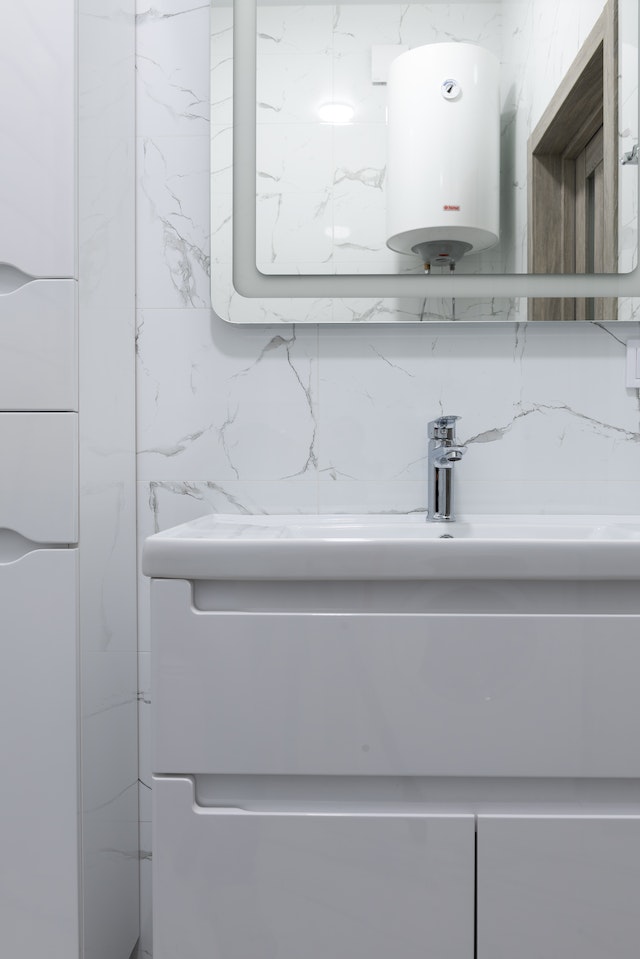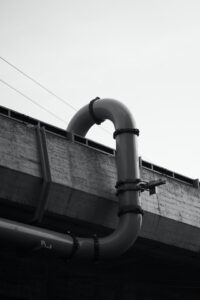
The Importance of Residential Water Heaters
There are several factors to consider when purchasing a new residential water heater. These factors include Energy efficiency, Manufacturer date, and Repair Costs. By following these steps, you can ensure that you buy a good quality water heater that will last for years. Also, consider the price of repairs if you notice any problems with your current water heater.
Cost of a new water heater
The cost of a residential water heater can vary widely depending on the type and brand of the unit you choose. Although some higher-end models may cost more, they can save you money on energy costs over time. You can also ask a professional to recommend a particular brand or model. Fuel prices also factor in the cost of a residential water heater. It is important to consider fuel prices in your area before making a decision.
Energy efficiency
The U.S. Department of Energy (DOE) is seeking public input on improving residential water heaters’ energy efficiency. The agency is collecting information on energy-efficient water heaters’ technology, feasibility, and economics. It asks for written comments on these issues by July 6, 2020.
Residential water heaters San Francisco CA use roughly one-third of the energy consumed in the U.S., second only to space heating. They are the second-highest consumer energy expense behind space heating and account for 18 percent of the total energy consumed by U.S. households. According to the DOE, a water heater that meets current efficiency standards would save consumers an average of $170 a year. The DOE estimates that nearly half of all U.S. households use natural gas or electric water heaters, while the remainder uses propane or oil water heaters.
Consumers must consider a residential water heater’s size and fuel source when selecting it. Fuel-fired models should have a sealed combustion system, preventing back-drafting combustion gases into the home. They should also have a carbon monoxide alarm hardwired into the heating system to alert homeowners to carbon monoxide poisoning. The energy factor is the ratio of the energy received to the power delivered by the water heater. U.S. Department of Energy test procedures determines it.
Manufacturer date
There are several ways to determine the manufacturer date of residential water heaters. Several brands use different codes for this information.
The serial number of your residential water heater will also tell you when it was manufactured. The manufacturer of a particular brand is responsible for all the parts of the water heater, including the tank, and then labels the water heaters with their brand name. This means that the water heater manufacturer may build several different models under different brand names, but all will share the same serial number style.
Cost of repairs
If you own a residential water heater, you might wonder how much repairs will cost. While the cost of repairing a water heater is not low, it is considerably less than the cost of replacing a whole unit. Most water heaters can be repaired for a minimum of $200, although more complex repairs may require more expensive labor. Most water heaters last around ten years before they need to be repaired. It may be time to replace them when they begin to break down.
Maintenance routines
Residential water heaters have a lifespan of eight to 12 years, but routine maintenance can extend their life. The best way to ensure a longer lifespan is to follow a simple three-step maintenance plan. To begin, turn off your water heater by turning off the power source in your home’s service panel. Then, place a bucket under the drain valve. Next, check the drain line for debris.
Whether you use a gas or electric water heater, following maintenance routines is essential. Water heaters use a lot of energy to heat water, so it’s necessary to maintain the system’s temperature at a constant level. Fortunately, many water heaters are insulated to reduce the heat lost in the system. Additionally, you can install a blanket around the storage tank to reduce energy loss. Just make sure to trim around any temperature controls or pressure relief valves.


















